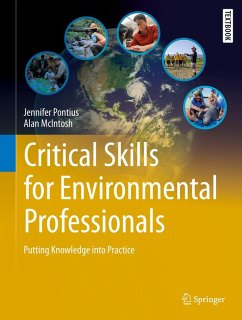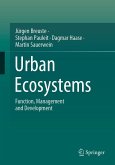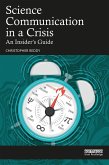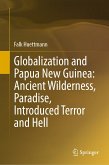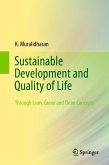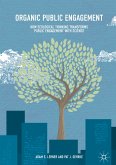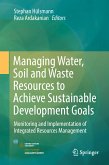This textbook focuses on a set of skills-based learning outcomes common among undergraduate environmental programs. It covers critical scientific skills and ways of thinking that bridge the gap between the knowledge-based content of introductory environmental textbooks and the professional skills students of the environment need to succeed in both their academic programs and professional careers. This emphasis on skills is gaining more traction among academic programs across the country as they shift focus from knowledge delivery to learning outcomes and professional competencies. The book features clear methodological frameworks, engaging practice exercises, and a range of assessment case studies suitable for use across academic levels. For introductory levels, this text uses guided practice exercises to expose students to the skills they will need to master. At the capstone level, this text allows students to apply the knowledge they have gained to real-world issues and toevaluate their competency in key programmatic learning outcomes.
A detailed answer key with rubrics customized for specific questions and sample answers at various competency levels is available to verified course instructors. Access to these answer key resources can be obtained by contacting the Springer Textook Team at Textbooks@springer.com
Dieser Download kann aus rechtlichen Gründen nur mit Rechnungsadresse in A, B, BG, CY, CZ, D, DK, EW, E, FIN, F, GR, HR, H, IRL, I, LT, L, LR, M, NL, PL, P, R, S, SLO, SK ausgeliefert werden.
Es gelten unsere Allgemeinen Geschäftsbedingungen: www.buecher.de/agb
Impressum
www.buecher.de ist ein Internetauftritt der buecher.de internetstores GmbH
Geschäftsführung: Monica Sawhney | Roland Kölbl | Günter Hilger
Sitz der Gesellschaft: Batheyer Straße 115 - 117, 58099 Hagen
Postanschrift: Bürgermeister-Wegele-Str. 12, 86167 Augsburg
Amtsgericht Hagen HRB 13257
Steuernummer: 321/5800/1497
USt-IdNr: DE450055826
Bitte wählen Sie Ihr Anliegen aus.
Rechnungen
Retourenschein anfordern
Bestellstatus
Storno

